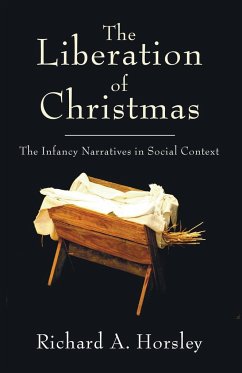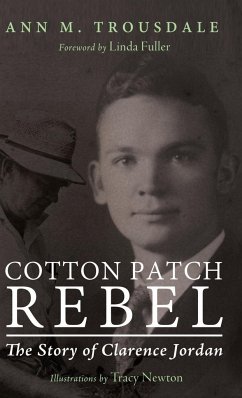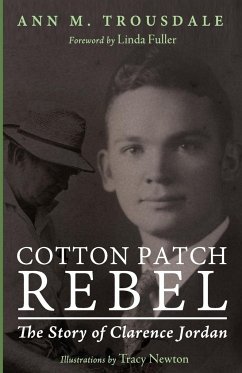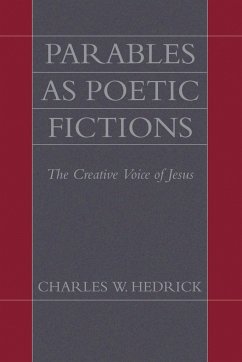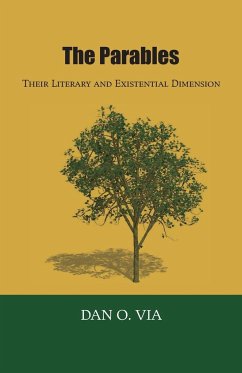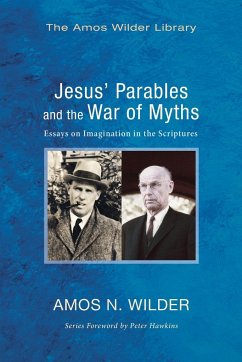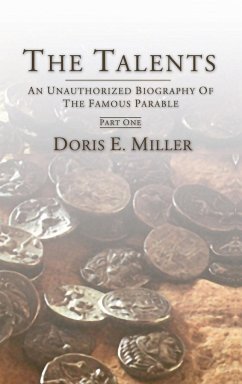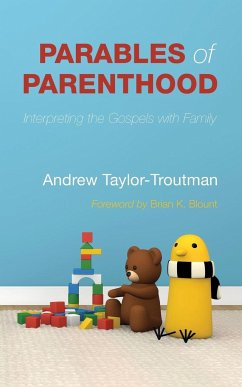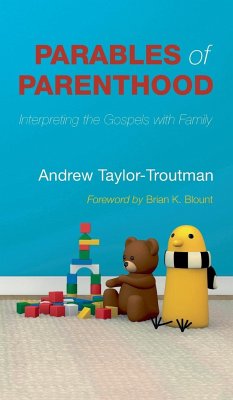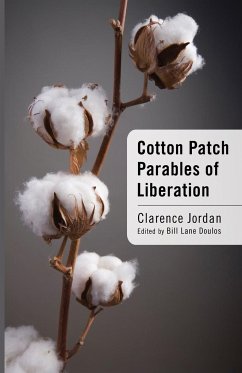
Cotton Patch Parables of Liberation

PAYBACK Punkte
9 °P sammeln!
When Jesus delivered his parables, he lit a stick of dynamite, covered it with a story about everyday life, and then left it with his audience. By the time his hearers fully unwrapped the parable, Jesus and his disciples were long gone. Clarence Jordan essentially retells these powerful parables in the language of the South in order to place modern readers in that same first-century situation. Properly understood, these Cotton Patch stories can liberate us into the kingdom of God from the cultural prisons of religion, wealth, and prejudice. After Jordan's death in 1969, Bill Lane Doulos took u...
When Jesus delivered his parables, he lit a stick of dynamite, covered it with a story about everyday life, and then left it with his audience. By the time his hearers fully unwrapped the parable, Jesus and his disciples were long gone. Clarence Jordan essentially retells these powerful parables in the language of the South in order to place modern readers in that same first-century situation. Properly understood, these Cotton Patch stories can liberate us into the kingdom of God from the cultural prisons of religion, wealth, and prejudice. After Jordan's death in 1969, Bill Lane Doulos took up the task to combine these Cotton Patch Version parables with appropriate excerpts from Jordan's sermons and with his own commentary which does well to pull everything together. In the end, Doulos and Jordan call readers into true discipleship, challenging them to explore the demands of kingdom life on a whole new level.




